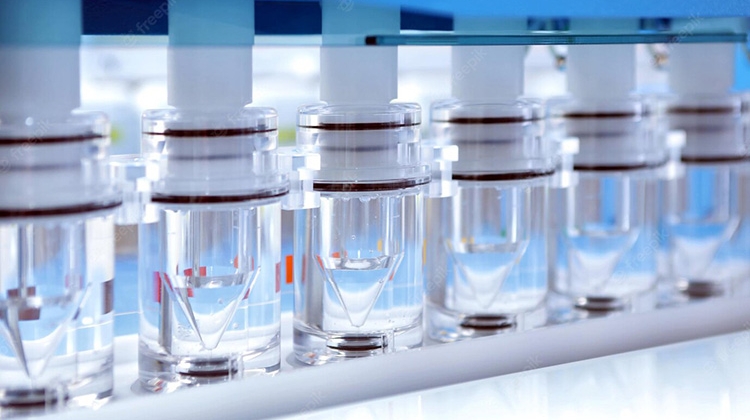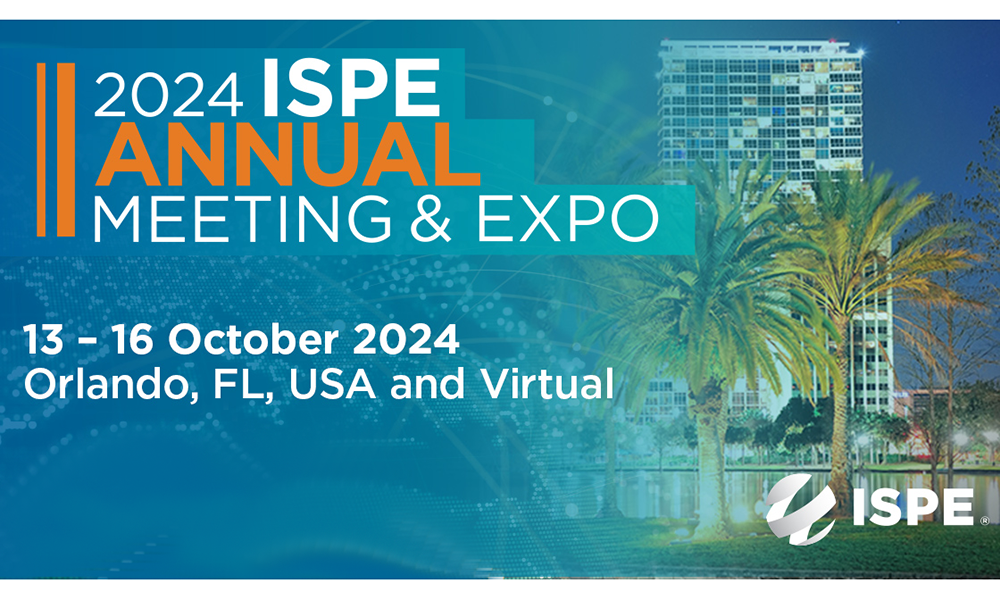In the end it all comes down to manufacturing the drugs on a commercial scale. Many challenges must be overcome. The morning track contains three case studies with very different requirements to be solved. What they have in common is that they lead the way for the future:
-
How to introduce a lifesaving vaccine as fast as possible by finding the appropriate approach through all the stages of manufacturing.
The rapid introduction of a pandemic vaccine created a challenge to the classical sequential approach to process characterization, transfer, and validation at production scale. The presentation discusses Moderna's risk based and parallel characterization approach to process validation during the introduction of its drug substance manufacture of the Spikevax vaccine..
-
The filling of high potent drugs into syringes where established processes like outside washing (of the vial) cannot be applied.
Oncomed will address conceptual topics and detailed challenges during design and implementation of high-speed syringe filling line for High Potent drugs. Challenges of mock-up, risk assessment, process design will be presented and discussed. Some highlights
- Choice of filling line and isolator
- Learnings from the mock-up study
- Strategy for filling toxic drugs (cleaning, operator protection,)
- Use of NTT (No-Touch-Transfer) with fully automatic bag opening for inner and outer bag
- Impact assessment of new Annex 1 for EU GMP
- Embracing the diversity of packaging materials on a multi-purpose fill/finish line for many different kinds of ready-to-use containers.
The need for flexibility, scalability, and speed-to-market is key for success to meet market demand and avoid potential drug shortage. INCOG BioPharma Services’s new multi-use filling line firmly roots and demonstrates that the ready-to-use platform and bulk vials can coexist in one solution to achieve ultimate flexibility for CDMOs. Robotics technology and automation creates flexibility to serve clinical and commercial manufacturing needs.
In the afternoon on the of sessions on Manufacturing Case Studies, three diverse speakers will offer their perspectives. Advanced Therapy Medicinal Products (ATMPs) / Cell / Gene Therapies present some unique challenges that manufacturers and equipment builders must overcome. The first speakers will discuss problems that have arisen during gene therapy drug product manufacturing that are unique to these processes. The technologies to address these challenges are not widely available and this cutting-edge technology will be presented. Attendees will hear how filling equipment is customized to suit cell/gene therapy projects. Given the expense of each unit, lost product must be minimized. The presentation by Lars Waldmann of Thermo Fisher Scientific and Dena Flamm from Optima will also discuss design and utilizing of single-use flow kits to maximize product recovery efforts. Operational issues such as equipment set up for small volume batch manufacturing—what can be done differently from traditional high-volume setup? Inspection efforts and the potential to incorporate Artificial Intelligence presents opportunities to enhance quality and reduce false product rejection. Virtual reality usage provide training opportunities for the operational staff executing sterile filtration processes. Component options will be discussed as well—the use of alternative glass formulations catered to ATMPs.
Product accessibility needs to be maximized to allow for our industry to have the greatest possible positive impact on society. The final two presentations address the issue of accessibility to these advanced therapeutic products. Jason Winfield from CivicaRx and Christian Thieme from Groninger. We will hear some background on the mission of CivicaRx-- U.S. nonprofit drug company Civica Rx was created in 2018 to address the problems of:
- Chronic shortages of essential medicines used in hospitals every day
- Unpredictable price inflation of essential generic medications due to shortages
- Predatory pricing for certain medicines, including insulin
As part of the presentation, we will hear the project case study behind CivicaRx’s new a 140,000 square-foot manufacturing facility in Petersburg, Virginia. This facility is the future home of Civica’s affordable insulin and numerous essential sterile injectable medicines that will be used in hospitals across the U.S. The new facility will have two high speed filling lines—one Ready-to-Use syringes and one bulk line are being installed in the plant. Engineering driving humanitarianism!
Accessibility goes beyond financial affordability. With smaller unit operations and the micro-batch sizes associated with ATMPs, manufacturing does not need to be constrained to a large, traditional manufacturing facility, with the long-lead times, high costs and a reliance on legacy technology that go with it. Dennis Powers from G-CON will introduce a paradigm shift in aseptic Fill Finish technology. Using the backdrop of a collaboration case study between three international companies, each offering something very different, it describes the innovation journey from vision to solution. By starting with first principles and adopting a range of technologies such as robotics, smart manufacturing, modular design and construction, the presentation will describe how the companies’ combined their knowledge and skill sets, and modified existing product offerings, to design and build a flexible equipment offering that is unique within the industry.
With all this content, we can’t wait to see you all 6-7 March in Bethesda, MD for the 2023 ISPE Aseptic Conference!
Learn More & Register





